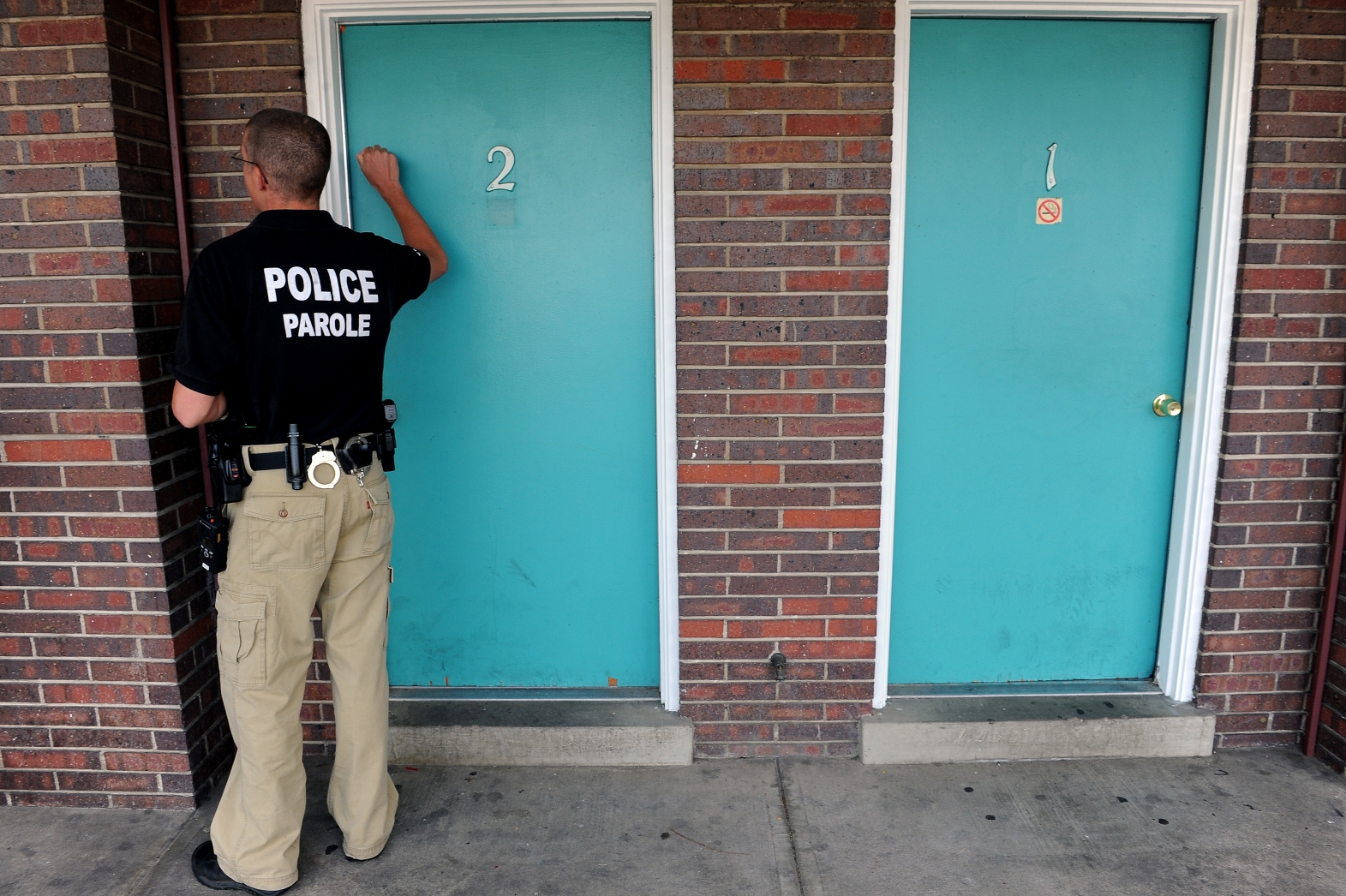News laws make it easier to find and keep employment

Over the past month, Gov. Tate Reeves has signed three bills that will make it easier for those leaving prison to maintain employment.
Senate Bill 2437, authored by Senate Corrections Chairman Juan Barnett, will allow for the creation of a pilot program at the Central Mississippi Correctional Facility (CMCF). Located in Rankin County, CMCF houses over 3,800 individuals – the largest population of any prison in the state.
The new program is aimed at improving work prospects for those leaving Mississippi prisons by allowing them to work while incarcerated and learn a trade or skill that they can utilize when reentering the community.
The work initiative aims to employ those incarcerated in positions that teach them marketable skills. Income earned by the participants will be deposited into a special account which can go towards paying fees or fines owed and family support obligations.
SB 2273, also authored by Barnett, will allow those who are on community supervision and working to avoid checking in with their parole or probation agent. In lieu of the check-in, the new law allows employers to submit time cards, proof of ongoing employment, and results of required drug tests in lieu of the meetings. The bill also allows employers to withhold earnings from the individual to cover monthly supervision fees, which are set by statute at $55 per month.
And House Bill 586, which was authored by Rep. Gene Newman, will expand a work release program that permits nonviolent offenders in the last year of their sentence to work for local businesses outside of jail. The program is currently running in Rankin county and has now been expanded to Harrison and Lee counties.
Dignified work has the potential to offer new beginnings, change lives, and reduce recidivism.
I was proud to sign House Bill 586 which gives certain non-violent inmates additional opportunities to work in their communities and better prepare to rejoin society.
— Tate Reeves (@tatereeves) April 11, 2022
Maintaining gainful employment is crucial for reentry, but it’s also important while an individual is incarcerated. Meaningful work gives people a sense of dignity and purpose. Work opportunities are an important rehabilitative tool and should be expanded throughout the state’s prisons.
These opportunities can ensure that people leave prison better than when they went in – helping more people re-enter the workforce, saving taxpayer dollars, and improving public safety in Mississippi.
